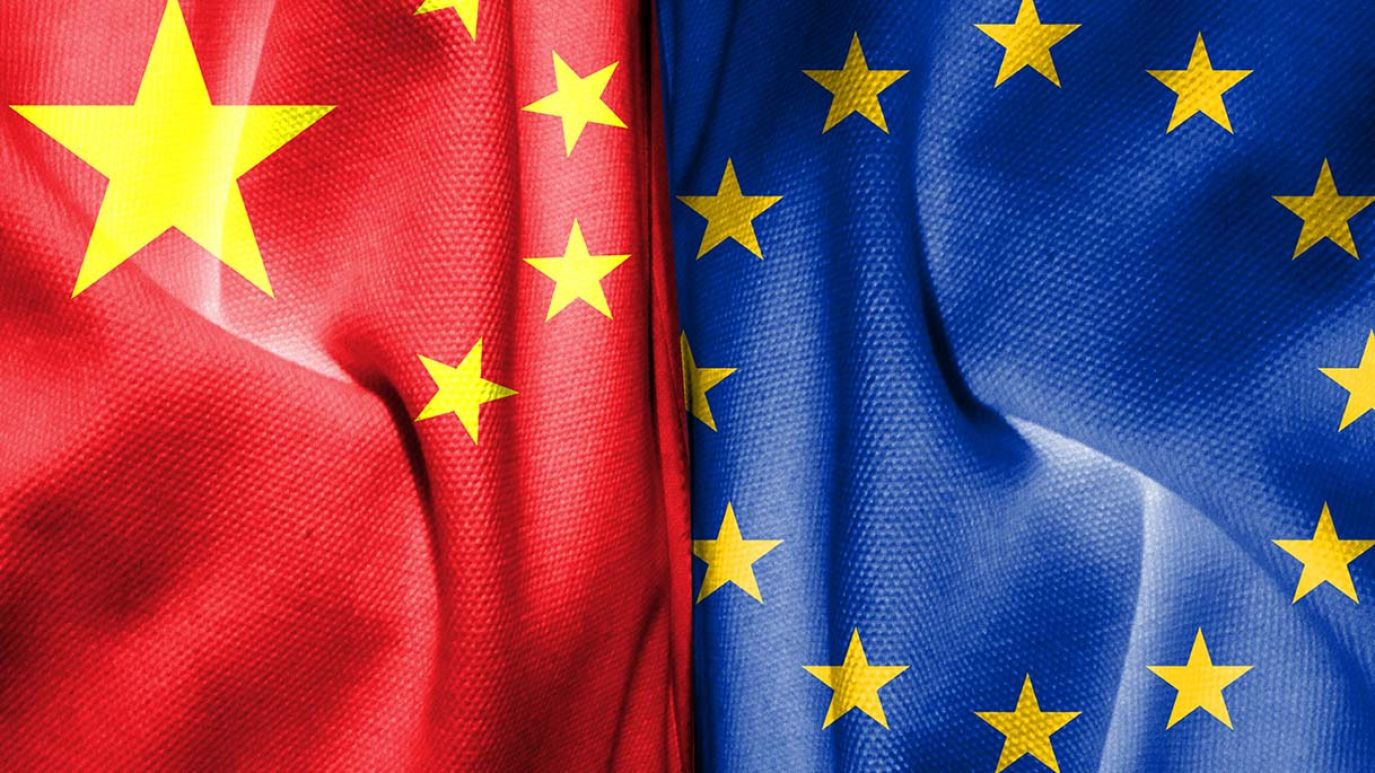-
Blog
European Union member states still failing to exclude Huawei and ZTE

An update by the European Commission reveals that only 10 EU member states in the bloc are implementing a ban on Huawei and ZTE equipment. It comes after French prosecutors raided the Paris office of Huawei France as part of a preliminary investigation into potential violations.
New data from the European Commission (EC) shows that many European Union (EU) members are still failing to apply the ban on Huawei and ZTE network infrastructure and equipment. According to an update from the commission, just 10 countries in the bloc have so far excluded Chinese manufacturers, despite recommendations and continuous prompting from the EC regarding the security risk to 5G network infrastructure.
According to an update by an EC spokesperson on 12 February 2024, while almost all members have put in place a regulatory framework to restrict Chinese providers, such as Huawei and ZTE, only a handful, including Sweden and Latvia, have used them. For example, Germany has only proposed to remove critical 5G core network components by 2026.
Broad ban on Huawei telecoms infrastructure equipment
In 2018, various countries and blocs, including the US, EU, UK, and Japan, agreed to start implementing a ban on Chinese telecoms equipment manufacturers over national security fears and concerns that Huawei had links to the Chinese government – something the company has consistently denied.
In 2020, the EC also provided a 5G toolbox that advised EU members to diversify their supply chains and exclude high-risk vendors, including Huawei and ZTE, from 5G network infrastructure. In June 2023, the commission urged the bloc to implement the ban “without delay.”
However, the latest update suggests that few EU members are implementing this exclusion. No specific details were given on which countries were failing to act, but the commission is still clearly concerned enough to issue another warning – something it has done regularly.
According to the lobby group European Telecommunications Network Operators (ETNO) Association, 5G networks are not being rolled out fast enough across Europe, and countries still view Huawei equipment as affordable and reliable, which is seemingly leading to a reluctance to ban their equipment.
Huawei employs more than 10,000 people in Europe (1,570 in R&D), and has 18 R&D centers, including in Belgium, Finland, France, Germany, Ireland, Italy, Sweden, and the UK, as well as seven training centers, and six network operation centers in Italy, Netherlands, Romania, Spain and the UK. It also has 86 spare parts warehouses.
Huawei France raided by France's Financial Prosecution Service
Notably, the commission’s update came just after France's financial prosecution service (PNF) had raided the Paris offices of Huawei France on 6 February 2024, which were carried out as part of a preliminary investigation known in France as “atteinte à la probité,” a broad term that can include corruption, misuse of public funds, influencing, and other infringements.
Huawei denies any wrongdoing and has been cooperating fully with the investigation. In December 2023, the company announced that it would start building its first mobile phone network equipment production factory outside China in Brumath, near Strasbourg, in 2024, with a planned opening in 2025. Both moves come as European leaders are debating how to cooperate with the world’s second-largest economy, while de-risking.
Pamir Consulting provides strategic management consulting and advisory services centered on market risk assessment to companies that are seeking to invest, have already invested in China, or want to cooperate with Chinese companies. We work with Fortune 500 companies, medium-sized enterprises, and scale-ups to help them to identify and understand threats to their business and provide strategic mitigation services.
We offer a unique overview of the Chinese market and an innovative research methodology, along with local expertise on the ground in China.
To find out more about how we can help you to mitigate risk, contact us today.
China’s 5G influence in developing economies
China’s Belt and Road Initiative and its digital counterpart, the Digital Silk Road, threaten to displace US telecom and tech companies in developing economies in Africa, Latin America and the Middle East. How can US operators and network providers stand up to the challenge?